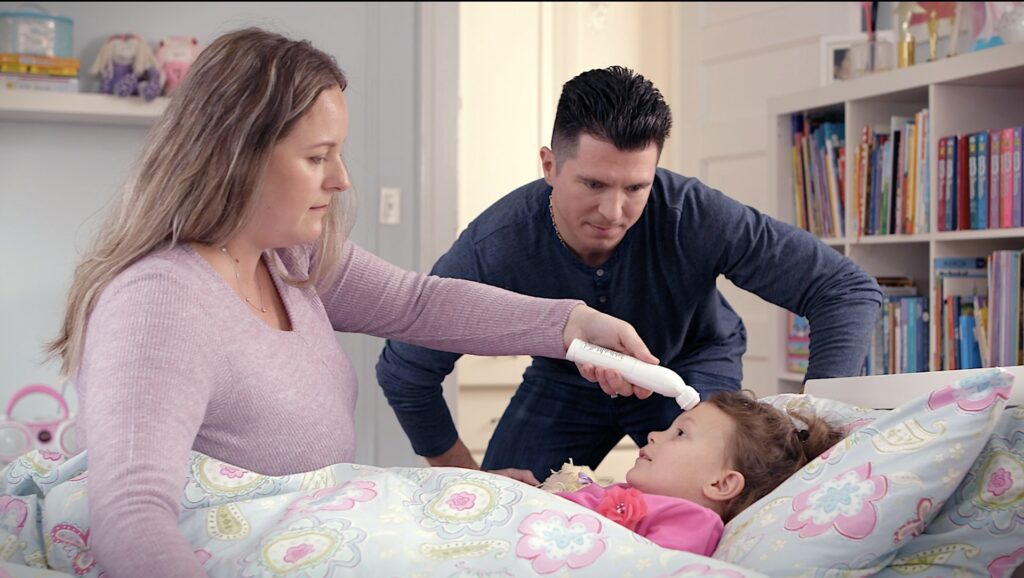
Employers are required to maintain a safe environment for their employees. However, the current prevailing conditions have raised many concerns about Covid-19 and Unsafe Working Conditions. Should employers prevent harm to employees from Covid-19? What is considered an unsafe environment? Can employees refuse to work because of hazardous conditions?
Generally, the answers to these and similar questions depend on the circumstances. In this post, we delve into the effects Covid-19 has on employment rights.
If you have further legal questions concerning this topic, contact a Newark, NJ employment attorney.
OSHA and Covid-19

Although the Occupational Safety and Health Act mandates employers to protect their employees from certain hazards, it does not directly address Covid-19. This is because the disease is relatively new and novel.
Nonetheless, the CDC and OSHA have put in place some guidelines to address the issue. They cover hazard recognition, workplace standards, and steps that people can take to minimize the spread of Covid-19.
You can use these resources to determine whether your employer is doing enough to address Covid-19 and Unsafe Working Conditions.
What Are Your Employee Rights?

Employees who complain about workplace safety cannot be disciplined, fired, or treated negatively for voicing their concerns. In relation to Covid-19, you could raise issues such as the absence of effective disinfecting procedures or protective gear.
If your employer does not adequately address your concerns, you can file a complaint on OSHA’s website or with a state agency. You may need to provide evidence such as videos, photographs, and coworker statements to validate your claim.
OSHA can then conduct an inspection and remove you and your coworkers from the hazard or advise your employer on new safety standards.
Can You Refuse to Work Because of Covid-19?

OSHA allows employees to refuse to work if they believe they are in imminent danger of contracting Covid-19. You can refuse to work if you think that an immediate threat to your health cannot be remedied fast enough through OSHA complaint channels.
However, you are required to:
- Inform your employer that you don’t wish to work until the threat is remedied.
- Request that they eliminate the threat or assign you other work.
- Remain at work until you are instructed to leave.
Your employer is likely to see the gravity of the situation if others share your concerns. Try to speak to other workers who share your fears and present your request as a group.

What is Your Risk of Covid-19 Exposure?
If you wish to refuse to work, your chances of success depend on how high your risk of exposure is. OSHA guidelines categorize workers as:
- Very high risk – Healthcare workers, lab personnel, morgue workers.
- High risk – Healthcare support and delivery staff, medical transport personnel.
- Medium risk – Any worker who works within 6 feet of the general public.
- Low risk – Workers with infrequent close contact with the public.

Talk to a Newark Employment Attorney
There is widespread concern that employers are not implementing enough measures to protect their workers during this pandemic. However, it is essential to inform your employer of any concerns you have before taking any legal action.
If you are not sure about what to do concerning Covid-19 and Unsafe Working Conditions, contact an experienced Newark, NJ employment attorney with the Law Offices of Usmaan Sleemi to discuss your issue.
